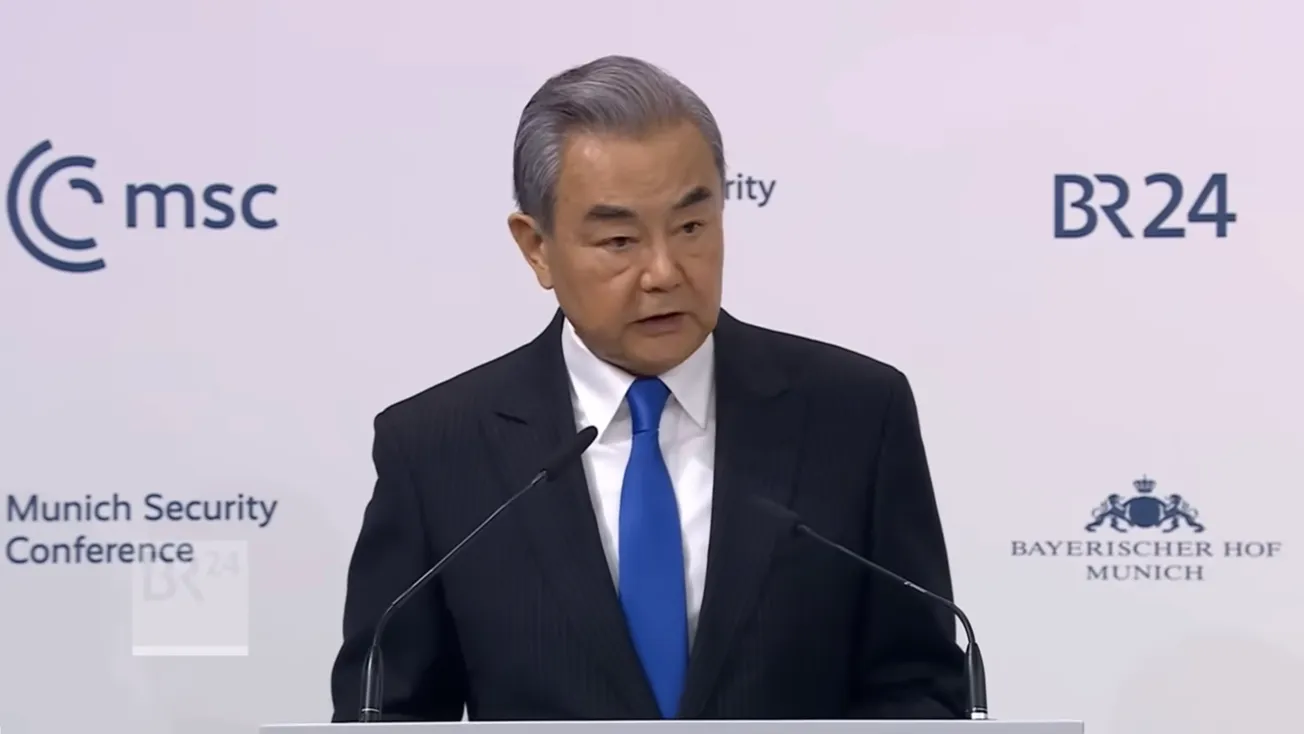South Africa’s ruling African National Congress (ANC) fell far short of a majority in the May 29 election, garnering only 40% of the votes. The chief reason for ANC’s loss is Anglo-Americans’ unrelenting pursuit of South Africa’s deindustrialization, begun even while the Afrikaners were still in power. The entire load-shedding disaster was an intended outcome of their policy.
Now the ANC must either form a coalition government or a government of national unity (GNU). The former involves agreements among the coalition partners; the latter brings the top six or eight parties, in terms of votes received, into government, with much less constraint imposed on the parties involved. The ANC National Working Committee announced yesterday that it would recommend a GNU to the ANC National Executive Committee, due to meet today. Regardless, any coalition government or GNU will entail a loss of stability.
Evidently, the ANC leadership is unable to agree on excluding the Democratic Alliance (DA), the conduit of British imperial policy. The DA is bitterly hostile to the BRICS and to South Africa’s friendly relations with Russia and China. It is also a strong supporter of the Israeli genocide of Palestinians. The DA obtained 22% of the vote, making it the second largest party after the ANC. (There is also significant British influence within the ANC, going back as far as the ANC’s founding in 1912.) U.S. pressures have worked toward achieving this result. Regardless of government, the DA inclusion will mean its share of ministries will be second only to the ANC.



